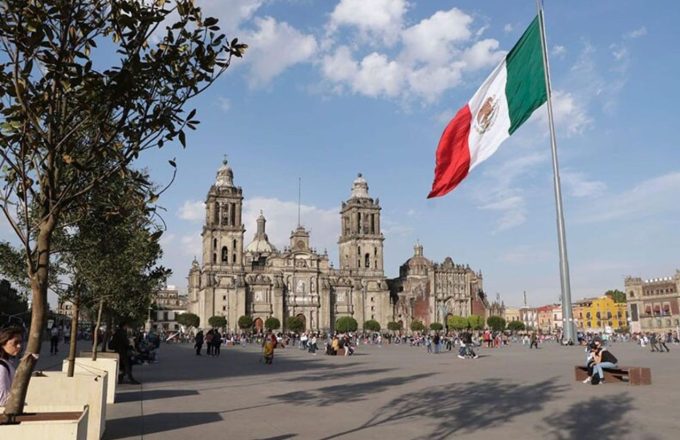Vietnam has taken a significant step to confront its demographic crisis: on Tuesday, the National Assembly approved the removal of its long-standing policy limiting families to a maximum of two children. The move, reported by the state-run Vietnam News Agency, aims to reverse a steady decline in birth rates and alleviate the growing burden of an aging population.
The country’s fertility rate has been dropping year after year. In 2021, it stood at 2.11 children per woman—barely above the replacement level of 2.1 needed to maintain population stability. Since then, the rate has continued to decline: 2.01 in 2022, 1.96 in 2023, and 1.91 in 2024, signaling a trend that could threaten long-term economic growth.
Although Vietnam is not alone in facing declining fertility—other Asian nations such as Japan, South Korea, and Singapore grapple with similar issues—its status as a developing economy makes the situation particularly pressing.
The experience of Nguyen Thu Linh, a 37-year-old marketing manager in Hanoi, reflects the broader social shift. She and her husband chose to have only one child, prioritizing quality of life and education. “Sometimes I think about having another child so our son could have a sibling, but the financial and time pressures make it hard to consider,” she explained.
Vietnam first introduced its two-child policy in 1988, hoping that fewer children would allow women to participate more fully in the labor force. However, that model is now showing signs of strain.
Since 2007, Vietnam has benefited from what’s known as a “golden population period,” during which the working-age population outnumbers dependents. This demographic advantage is expected to last until 2039, but analysts warn that the working population will peak in 2042. By 2054, Vietnam could begin to see population decline, complicating efforts to sustain economic growth and support an aging society.
The demographic trend isn’t uniform across the country. In Ho Chi Minh City—Vietnam’s largest and most economically dynamic metropolis—the fertility rate dropped to just 1.39 children per woman in 2024, well below the national average. At the same time, nearly 12% of the city’s population is over 60, placing added strain on social services. In response, local authorities began offering financial incentives—around $120—to women who have two children before the age of 35.
Vietnam also faces a persistent gender imbalance, partly driven by deep-rooted cultural preferences for sons. Medical professionals are prohibited from revealing a baby’s sex before birth, and sex-selective abortions are banned. Still, such practices persist. To combat this, the Ministry of Health proposed on Tuesday to triple the fine for choosing a baby’s sex before birth, raising it to $3,800.
Vietnam’s case mirrors that of China, which implemented its infamous one-child policy in 1979 amid concerns over overpopulation. Yet, facing its own aging crisis, China has gradually relaxed those restrictions, allowing two children, and then three by 2021. Still, those measures have failed to significantly boost birth rates.
Vietnam hopes that lifting the restriction will mark a new chapter—but economic, structural, and cultural challenges suggest that reversing its demographic decline will be a long and difficult road.




















